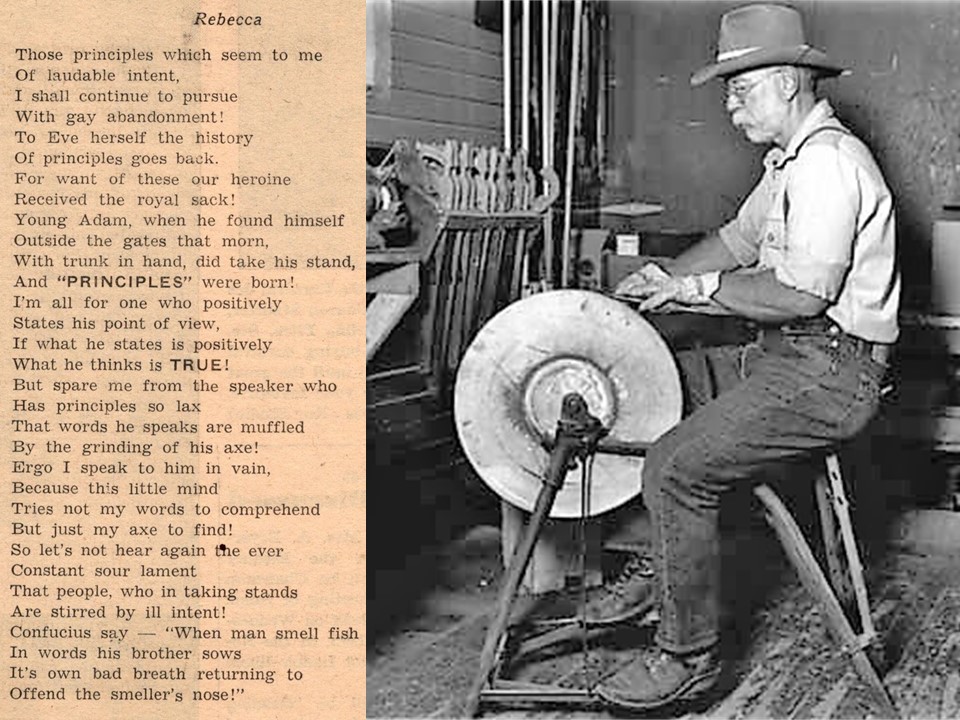Most are familiar with the expression ~ what doesn’t kill me makes me stronger. Many will look back on 2023 with strong memories of painful things. Thinking about those things can hurt like a bad new year’s hangover. It was a tough year from many perspectives. Maybe a cure for that hangover is gratitude.
Lately, gratitude is talked about a lot and is a theme of many social posts. People have tuned into the power of gratitude. Its a popular topic. So is resilience. You don’t have to look far to find suffering these days. There are plenty of circumstances from which people need to ‘bounce back’ at individual, international, and intercultural levels. There seem to be countless things to be overcome lately – for everyone everywhere. The world needs more resilience.

Appreciating what’s good helps to manage through the not so good – the things we need to overcome. Expressing gratitude helps, but more than just feeling grateful – being grateful is the ticket. That’s my experience and what I have observed in many others. Acts of gratitude trump darkness every time. Ongoing authentic expressions of gratitude build resilience. They help you to get past challenges. Gratitude is fuel for your resilience muscle.
So here’s a little new years work out. Be grateful. Express your gratitude. Find some good from all the darkness. Consider what didn’t kill you in 2023, but maybe felt like it might. Be grateful for what didn’t kill you – it gave you insight. You learned something about you and the world by your suffering. Be bright with what you learned from your experiences. Find a way to share what you learned maybe framed as gratitude. Depending on your experience that could be asking a lot. It doesn’t take much to start. The smallest, quietest acts of kindness, born of gratitude, can build the biggest resilience muscle.
Photo Credit Louis Simmons pexels.com





